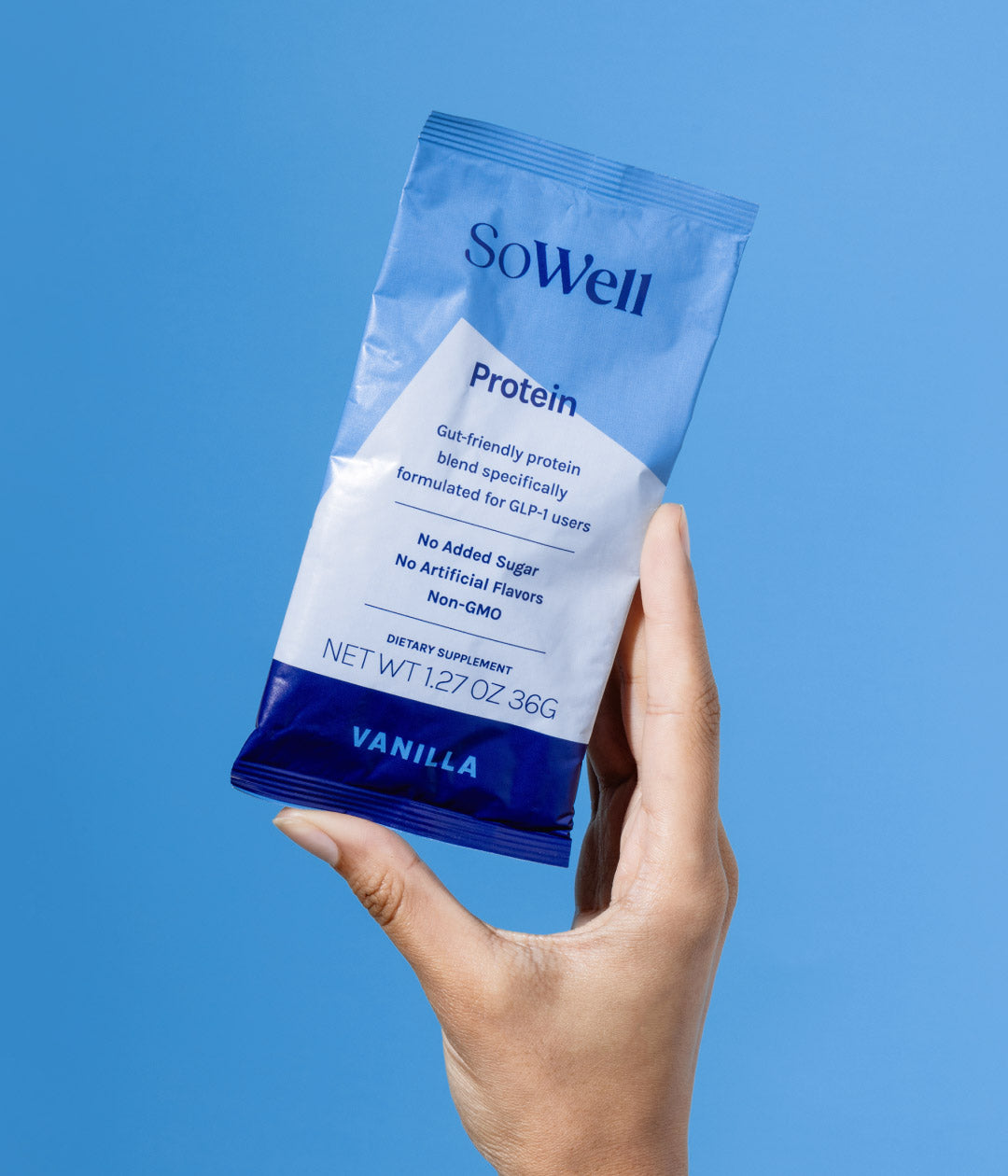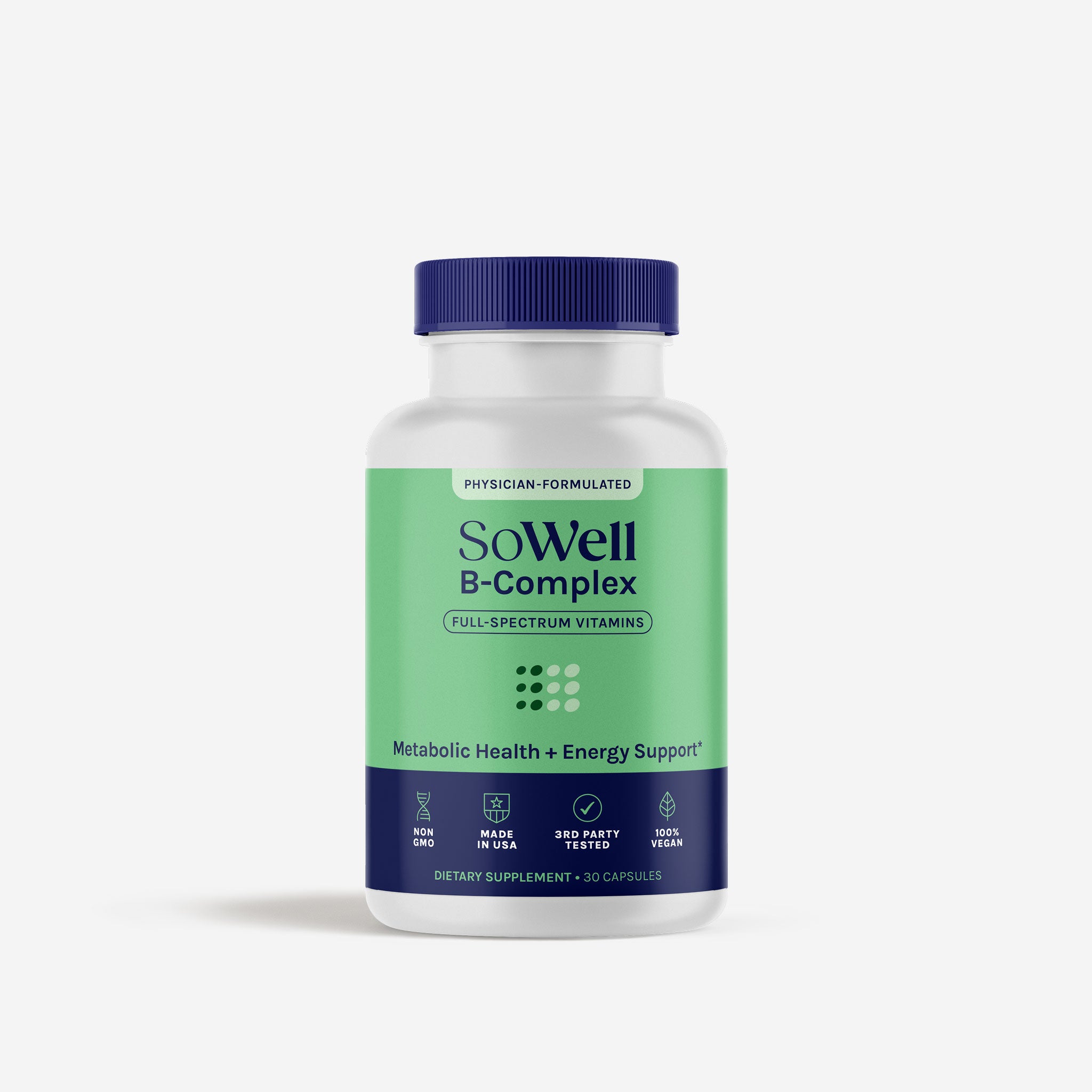
It’s no secret that weight loss drugs like Wegovy come with a hefty price tag, and more and more insurance companies are not wanting to cover that cost—even though the lifetime health benefits of treating obesity far outweigh the initial investment needed.
Prime Therapeutics—a pharmacy benefit manager which exists to negotiate costs on behalf of insurance companies—recently released an analysis that suggested that the annual cost of healthcare jumped by 60% for patients taking weight loss medication like Wegovy.
How Much Does Obesity Cost?
Obesity is a disease, and unfortunately, an expensive one. A peer-reviewed research article from 2021 found that among adults, obesity is associated with over $1,800 in excess medical costs per person per year annually.
Higher costs are associated with higher BMI, higher age, and with the amount of time someone has been overweight or obese. There are also dozens of diseases that are linked to excess weight.
Diseases Linked to Obesity
Being overweight or obese does not guarantee that one will experience other diseases, but science has shown a link between obesity and the following conditions.
Cancer
As of July 2023, a new study has revealed that being overweight or obese leads to a greater risk of developing 18 different types of cancer, including:
- Leukemia
- Non-Hodgkin lymphoma
- Head and neck
- Bladder
- Adenocarcinoma of the esophagus
- Breast cancer in women who have gone through menopause
- Colon and rectum cancer
- Uterus
- Gallbladder
- Upper stomach
- Kidney
- Liver
- Ovaries
- Pancrease
- Thyroid
- Meningioma (a type of brain cancer)
- Multiple myeloma
Here are cost estimates—per patient—for cancer as of 2020, according to The National Cancer Institute. On average, the cost per cancer patient is $158,761.
| Initial Care | Continuing Care | Last year of life | |
| All Sites | $43,516.1 | $5,517.6 | $109,727.3 |
| Bladder | $26,442.8 | $6,350.4 | $95,985.4 |
| Brain | $139,813.8 | $17,385.6 | $176,354.9 |
| Breast | $34,979.5 | $3,539.6 | $76,101.2 |
| Cervix Uteri | $58,715.6 | $3,956.0 | $97,026.4 |
| Colorectal | $66,523.5 | $6,246.3 | $110,143.7 |
| Esophagus | $89,947.2 | $9,785.9 | $120,033.8 |
| Kidney | $41,121.7 | $8,536.7 | $95,985.4 |
| Leukemia | $47,263.9 | $12,700.9 | $169,588.0 |
| Liver | $62,775.7 | $18,218.5 | $92,133.5 |
| Lung | $68,293.3 | $12,388.6 | $110,247.8 |
| Myeloma | $77,038.1 | $28,524.9 | $123,365.1 |
| Non-Hodgkin Lymphoma | $75,164.2 | $12,805.0 | $144,706.8 |
| Ovary | $79,120.3 | $14,158.4 | $112,017.6 |
| Pancreas | $108,165.7 | $18,426.7 | $125,030.8 |
| Thyroid | $24,881.2 | $4,060.1 | $107,437.0 |
| Uterus | $39,039.6 | $3,019.1 | $93,590.9 |
Depression
Research suggests that obesity causes depression, and depression causes obesity. The cycle can be hard to break, but patients deserve access to medical care for both conditions rather than the stigma associated with them.
Patients with major depressive disorder are more likely to spend more on health costs, at an average of $10,836 per patient per year.
Infertility
Hormonal imbalances like PCOS are linked with insulin resistance, which often is the root cause of weight gain. Unfortunately, excess adipose tissue also contributes to hormonal imbalance, furthering issues with ovulation and menstrual function.
Although it’s unclear if excess weight is the cause of infertility, research shows that ovulatory dysfunction and menstrual irregularity problems are much more common in overweight and obese patients.
The cost of fertility treatment is high, with most patients spending between $15,000-$20,000 for IVF in 2023.
Type 2 Diabetes
Type 2 diabetes, a metabolic disorder characterized by high blood sugar levels, is strongly associated with obesity. The risk of developing type 2 diabetes significantly increases with excess body weight, particularly abdominal obesity. The correlation is so strong that more than 90% of people with type 2 diabetes are overweight or obese.
Type 2 diabetes is one of the most expensive chronic conditions to manage. According to the American Diabetes Association, people with diagnosed diabetes spend an average of $16,752 per year on medical care—approximately 2.3 times more than their healthy counterparts.
Joint Pain
Joint pain is another condition linked to obesity, especially in the weight-bearing joints like the knees and hips. The added strain on joints due to excess body weight can accelerate the wear and tear of cartilage and increase the risk of osteoarthritis.
According to the National Institute of Health, those with severe pain spent $3,210 more on healthcare than those with moderate pain. Joint pain cost individuals an average of $4,048 more per person, and arthritis cost $5,838 more to treat.
Dementia
Obesity has also been identified as a significant risk factor for dementia. Studies have shown that midlife obesity is associated with an increased risk of dementia later in life. The exact mechanisms connecting obesity and dementia are not entirely understood, but factors like vascular damage, inflammation, and insulin resistance likely contribute to the association.
Dementia patients need highly attentive and in-home care, which can cost around $2,000 a month. In 2019, the average Medicare costs for dementia were $25,213—nearly 3 times more than healthy peers.
Sleep Apnea
Sleep apnea, a sleep disorder characterized by repeated breathing interruptions during sleep, is closely linked to obesity. Research has indicated that excess fat around the neck and throat can cause airway obstruction, leading to sleep apnea.
People pay an average of $2,105 per year for medical costs and treatment of sleep apnea, according to the American Academy of Sleep Medicine.
Heart Disease
Heart disease is a well-established consequence of obesity. The American Heart Association states that obesity is associated with numerous risk factors for heart disease, such as high blood pressure, high cholesterol levels, and insulin resistance. Research has consistently demonstrated that obesity increases the likelihood of developing cardiovascular diseases, including coronary artery disease, heart failure, and stroke.
The average cost for patients with established cardiovascular disease is reportedly $18,953, with 42.9% being inpatient costs.
Overall Mortality
Finally, obesity is linked to overall mortality. Several large-scale studies have found a direct relationship between excess body weight and an increased risk of premature death.
In Conclusion: Treating Obesity Is Worth It
While the upfront costs associated with obesity treatment may seem overwhelming, preventing more severe, costly, and fatal diseases generally ends up being well worth the cost.
Working with an obesity medicine doctor like those in SoWell’s Weight Biology Reset Program can connect you with the best drugs for your health and your budget, in addition to helping you make the necessary lifestyle changes to lose weight and keep it off.
Click here to apply to work with us and see if you’re a candidate for medical weight loss!

















